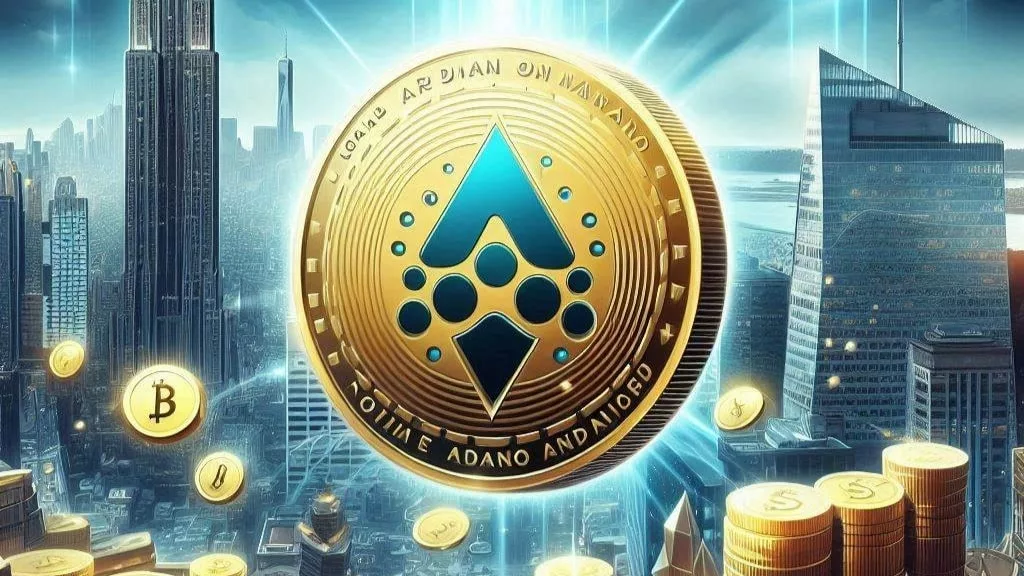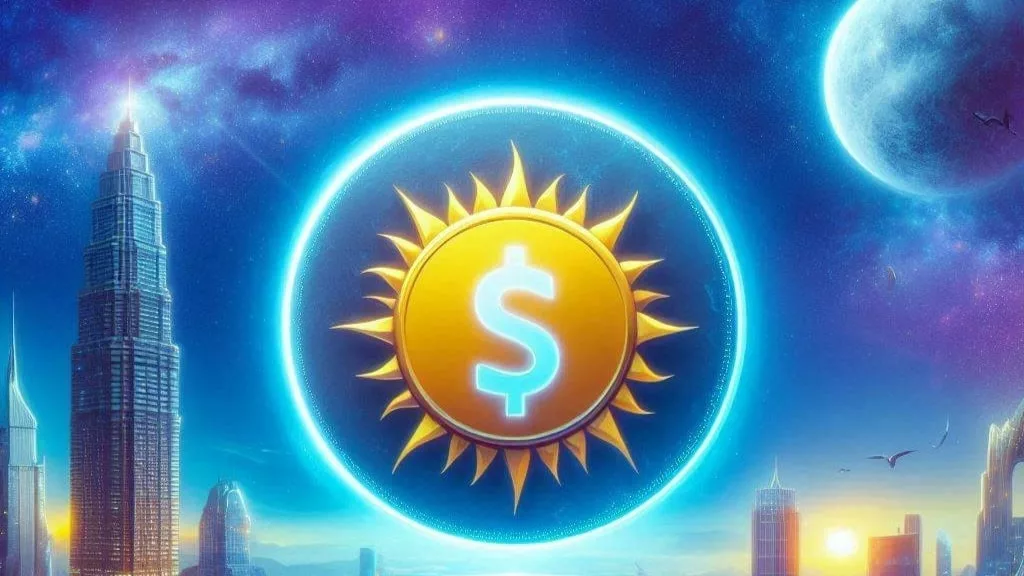
Solana, a well-known blockchain platform recognized for its scalability and high-speed transactions, is currently facing challenges in keeping pace with its competitors Ethereum and Cardano. Recent data reveals a decline in on-chain activity for Solana, indicating a potential shift in market dynamics. This article delves into the latest market insights, shedding light on Solana’s struggle and the broader trends shaping the cryptocurrency landscape.
As one of the leading blockchain platforms, Ethereum has established itself as the go-to network for decentralized applications (DApps) and smart contracts. Cardano, on the other hand, has gained significant attention due to its focus on scalability and sustainability. In this competitive landscape, Solana has garnered attention for its promise of fast and low-cost transactions, attracting developers and investors alike.
However, recent market analysis suggests that Solana’s growth trajectory may have hit a roadblock. On-chain activity, a key metric used to measure user engagement and transaction volume, has experienced a decline on the Solana network. This decline raises questions about Solana’s ability to maintain its competitive edge and attract continued adoption.
Several factors may have contributed to Solana’s struggle to outperform Ethereum and Cardano. Firstly, Ethereum’s established network effect and extensive ecosystem provide a strong foundation for developers and users. Ethereum’s robustness and versatility have made it the preferred choice for many DApps and projects, resulting in high on-chain activity.
Secondly, Cardano’s focus on scalability and sustainability has captured the market’s attention. With a unique proof-of-stake consensus mechanism and ongoing development efforts, Cardano offers an alternative approach to blockchain technology. This has attracted interest from developers and investors, potentially diverting attention and resources away from Solana.
Furthermore, the broader market trends and investor sentiment cannot be overlooked. The cryptocurrency market is highly dynamic and subject to rapid shifts in sentiment. The recent surge in alternative cryptocurrencies, commonly referred to as altcoins, has created new avenues for investors and decentralized finance (DeFi) enthusiasts. This diversification of options may have impacted Solana’s on-chain activity as users explore alternative platforms and investment opportunities.
While Solana’s recent struggles are noteworthy, it is important to consider the broader context and long-term potential. The cryptocurrency market is still in its nascent stages, and competition among blockchain platforms will continue to evolve. Solana’s underlying technology and unique value proposition provide a solid foundation for growth and innovation.
To address the current challenges, Solana’s development team and community must focus on fostering partnerships, enhancing the platform’s ecosystem, and actively engaging with developers. By nurturing a vibrant and supportive community, Solana can attract projects and users, ultimately driving on-chain activity and cementing its position as a formidable player in the blockchain space.
While Ethereum’s well-established network effect and extensive ecosystem have made it the preferred choice for many developers and users, Cardano’s focus on scalability and sustainability has also captured significant attention. Solana’s struggle to outperform these established players can be attributed to various factors, including the strong market presence of Ethereum and the unique approach taken by Cardano.
However, it is crucial to consider the broader context and long-term potential of Solana. The cryptocurrency market is still in its early stages, and competition among blockchain platforms is constantly evolving. Solana’s underlying technology and its promise of scalability and fast transactions provide a solid foundation for future growth and innovation.
To address the current challenges, Solana’s development team and community must prioritize fostering strategic partnerships, enhancing the platform’s ecosystem, and actively engaging with developers. By nurturing a vibrant and supportive community, Solana can attract new projects and users, driving increased on-chain activity and solidifying its position as a formidable player in the blockchain industry.
In conclusion, Solana, a prominent blockchain platform known for its scalability and fast transactions, is currently grappling with the challenge of keeping pace with its competitors Ethereum and Cardano. The decline in on-chain activity for Solana raises concerns about its ability to maintain its competitive edge in the market.


Get the latest Crypto & Blockchain News in your inbox.